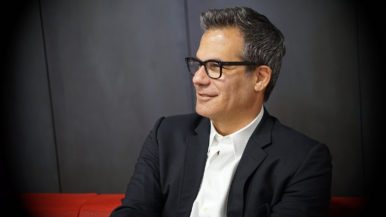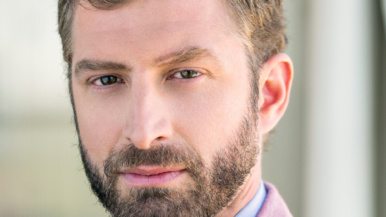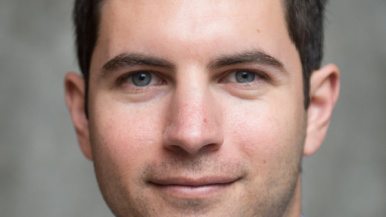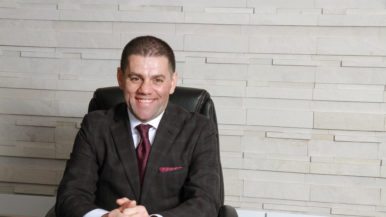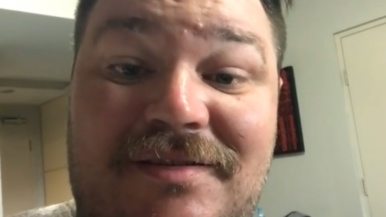Q&A: Marcus McCann, the lawyer who’s defending the men accused of “lewd behaviour” in an Etobicoke park

Last week, the Toronto Police Service went public with the results of Project Marie, a six-week undercover sting operation aimed at cracking down on so-called “lewd behaviour” in Marie Curtis Park in south Etobicoke. They charged 72 people—mostly gay men—with trespassing and “engaging in sexual activity in public.” The police say they were responding to complaints from scandalized neighbours worried about what they and their kids might see, but Marcus McCann, one of 10 lawyers offering pro bono services to the people charged, believes it’s more complicated than that. We spoke with him about whether the cops went overboard, and why members of the gay community feel unfairly targeted.
First, a little background. What can you tell us about how Marie Curtis Park became a popular location for sexual encounters?
It’s a large park in the southwest end of Toronto that straddles Toronto and Mississauga. There’s a playground, a bicycle trail and wooded areas. Because it’s so secluded, it has long been a park in which gay men meet. The recent gentrification of the neighbourhood has put pressure on that.
You’ve offered free legal services to 72 people who have been charged as a result of Operation Marie. Why is this important to you?
Over the weekend, lawyers began coming together on the Law Union of Ontario listserv. We know these kinds of charges can have very severe consequences. Not because of the legal repercussions—many of the charges are just bylaw infractions—but because of the shame and stigma attached. There is the risk of outing these people to their families, and there are potential employment consequences. The Toronto Police have now admitted that all of the charges relate to consensual sexual activity between adults. That’s important, because there has been misinformation on that.
How does one trespass at a public park?
In some parks there are curfews, so you’re not allowed to be there after a certain time. The very fact that there are so many trespassing charges suggests that these undercover sting operations were happening very late at night, which puts to lie the suggestion that this was being done to protect children.
The police say that sexual orientation doesn’t factor into the charges: the accused were breaking the law, and that’s that. What do you think?
A person propositioning another person for sex is not an illegal act. It simply is not. The police say that they were responding to complaints, but the Toronto Police Service actually has a very good system for dealing with conflicts of use in a public park. Last summer, there were complaints about people drinking in Trinity Bellwoods Park. City councillor Mike Layton and the police responded with public education and by emphasizing the fact that this is shared space. So the question becomes, why did gay men meeting in Marie Curtis Park prompt such a harsh and ambitious crackdown?
Maybe there’s a difference between walking through a park and finding people who are drinking, versus walking through a park and finding people having sex.
Well, first of all, it’s absurd to think they were naked and having sex. Bear in mind, it’s November! The second thing is that men have been meeting in parks since time immemorial, and the pattern has always been that they look for shadows, bushes, cover. They’re not looking to expose themselves to the public. There may be some incidental instances, but the tendency is to be discreet.
What do you say to parents who have a problem with taking a walk in the park with their kids and encountering sex?
It’s a convenient cover for the Toronto Police to focus on the children in what appears to be an old-fashioned morality crackdown.
So it’s not about children, it’s not about safety, it’s not about people being in parks after hours. What do you think this is about?
These things tend to have complex roots, but given what we know at this point, it seems like there was the political will in 22 Division, if not at a higher level of the Toronto Police, to carry out these raids. You see in the rhetoric about “taking back” the park that they have a certain view about who is a part of the community and who isn’t. These kinds of raids have a homophobic history, and I think many people see this as the latest chapter. This summer we had the historic apology from the Toronto Police Service about the 1981 bathhouse raids. It took 35 years for them to apologize, and, when they did, there were lots of members of the gay community who were skeptical. I think that the crackdown in Marie Curtis Park seems to validate that skepticism.
